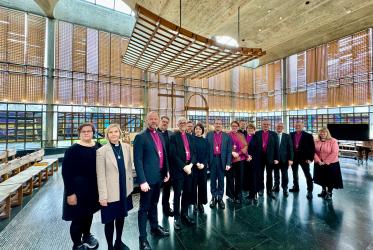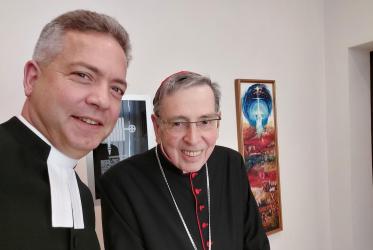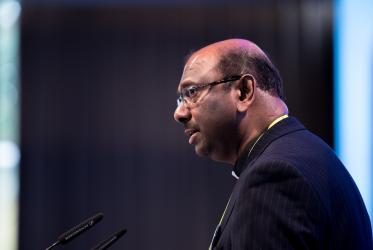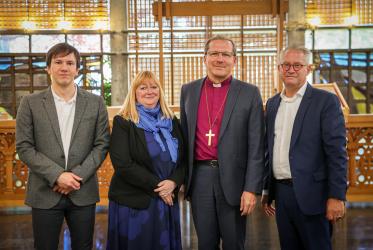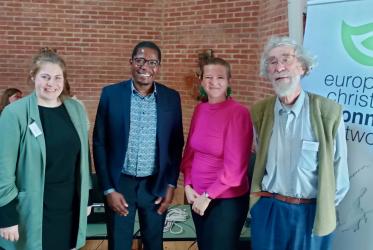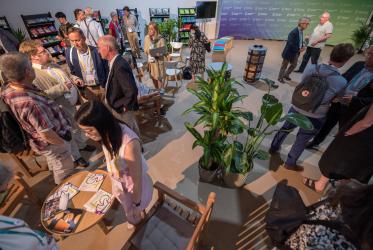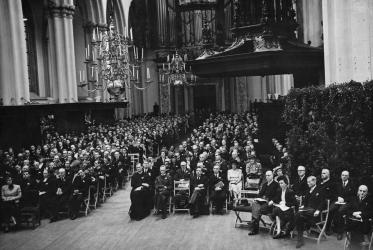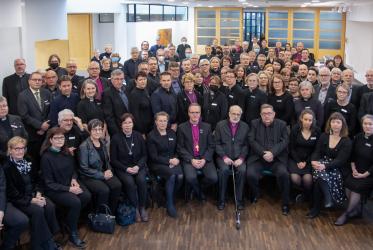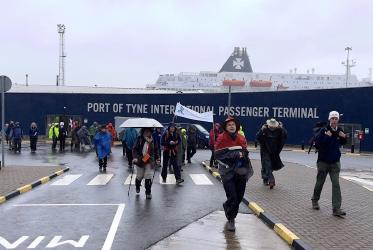As participants in the First Assembly of the World Council of Churches (WCC) gathered at Amsterdam during August 1948, the Netherlands bore witness to the violence of the Second World War. The port of Rotterdam was rising from near destruction. Many other cities, towns and villages across Europe were struggling to recover. To the east, Germany and Austria were divided into zones of occupation administered by the Allied Powers. Two months earlier, tensions between the Soviet Union and the Western occupiers of the former German capital led to the start of the Berlin Airlift. Since 1945, publications had been increasing their use of the term “Cold War”.
26 August 2022
